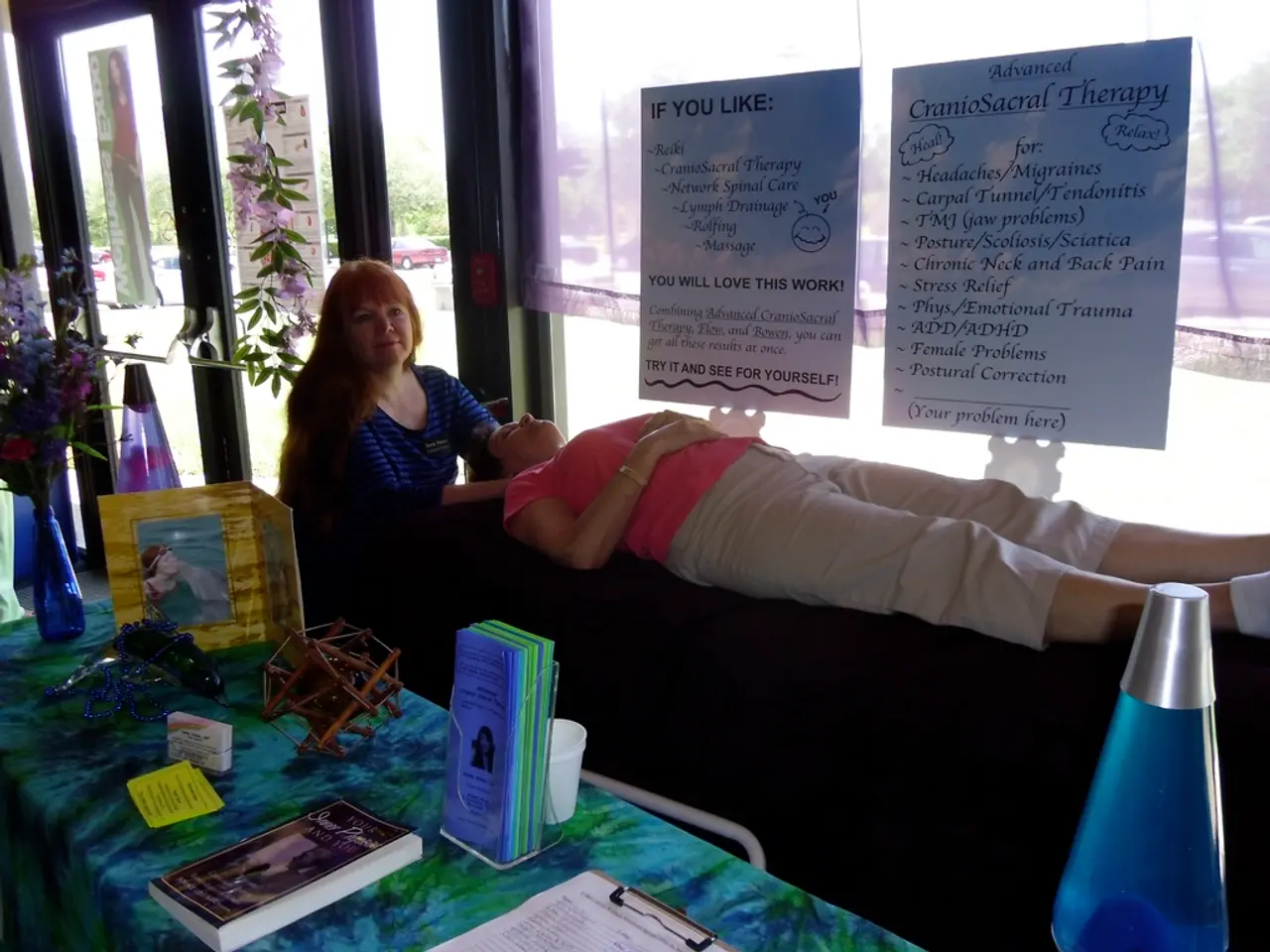The Underlying Reason People Accept Unfounded Ideas
In the complex world we live in, our beliefs are often shaped by cognitive biases and the level of anxiety we experience. These factors, combined with modern digital environments, can make individuals, even the smartest among us, susceptible to false information.
Cognitive biases, such as confirmation bias and motivated reasoning, are unconscious mental shortcuts that cause us to favour information that confirms our preexisting beliefs. This selective acceptance of information reinforces false or inaccurate beliefs, as we tend to seek out or recall information that aligns with what we already believe, and dismiss contradictory evidence. Our brains prioritize feeling right and maintaining self-esteem, which biases processing towards information that supports our identity and worldviews.
Anxiety and emotional arousal exacerbate these biases. Under stress or high stakes, our cognitive resources for critical evaluation diminish, making us more likely to accept misleading or incorrect information without scrutiny. Anxiety triggers emotional responses that disrupt logical thinking and strengthen affective heuristics – judgments based on feelings rather than facts. This emotional state fosters quicker, less analytical decisions, raising our vulnerability to misinformation, especially when our identity or self-worth is threatened.
The information environment today amplifies this effect, as search engines and social media algorithms tailor content to our previous beliefs, creating "confirmation bias on steroids" and increasing echo chamber effects. Group identity and peer pressure can make false beliefs feel safe, especially on social media, due to echo chambers.
However, it's important to note that believing something untrue is a normal human experience, especially under stress. The availability heuristic causes us to judge how true or likely something is by how easily it comes to mind. The backfire effect can reinforce false beliefs instead of dispelling them when directly debunked.
Challenging a belief gently, with strategies like evidence gathering, considering alternative explanations, and mindfulness techniques, can help shift false beliefs. Therapists can use approaches such as Cognitive Behavioral Therapy or trauma-focused methods to help identify root causes and manage false beliefs.
False beliefs can create an anxiety spiral, where distorted thoughts trigger anxious feelings, which then reinforce more distorted thoughts. Emotional reasoning happens when we treat feelings as proof that something is true, even without supporting evidence. Strong emotions, particularly anxiety, can make feelings seem like facts.
Anchoring bias causes our first impression to act as an anchor for later thoughts. False beliefs can strain relationships, spark unnecessary conflict, or damage trust and connection. In some cases, strong false beliefs are linked to conditions like illness anxiety disorder or psychosis. The brain uses mental shortcuts (schemas) to navigate life efficiently, but these shortcuts can sometimes mislead us.
In conclusion, understanding cognitive biases and the impact of anxiety on belief formation is crucial in navigating the information age. By being aware of these factors, we can strive to make more informed decisions and challenge our beliefs when necessary, fostering a more fact-based society. Professional help can make a difference when a false or distressing belief dominates one's life, causing significant distress, interfering with daily life, or being hard to break without support.
[1] Nyhan, B., & Reifler, J. (2010). When correction fails: The persistence of political misperceptions. Political Behavior, 32(2), 161-190.
[2] Westen, D., Blagov, P., & Hamann, S. (2006). Liberal and conservative brains: a preliminary investigation. NeuroImage, 31(3), 720-734.
[3] Sunstein, C. R. (2013). #Republic: Divided democracy in the age of social media. Oxford University Press.
[4] Kahan, D. M. (2012). The polarizing effects of science literacy and the cultural values of science on perceived climate change risks and risks regulation. Proceedings of the National Academy of Sciences, 109(17), 6616-6623.
[5] Lewandowsky, S., Ecker, U. K. H., Seifert, C. M., & Cook, J. (2012). Misinformation does not make people believe conspiracy theories—cognitive reflection makes all the difference. Psychological Science, 23(5), 542-549.






